A vocation is a strong feeling of suitability for a particular career or occupation. Vocation also refers to a person’s occupation that is considered worthy and requires dedication.
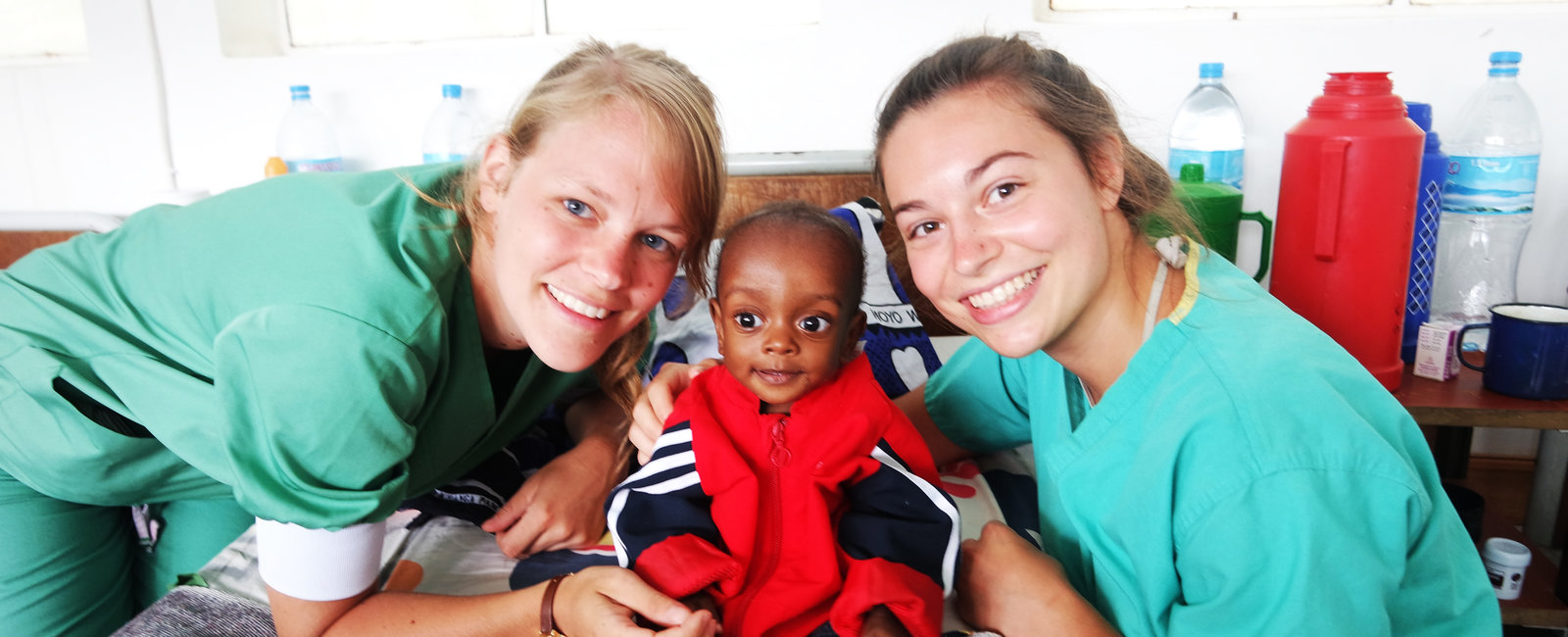
Nursing involves specialised education and training. You need a degree to enter the field, and maintaining strong technical skills is essential for a successful career.
And as an ever-evolving profession, with new technologies introduced regularly, brushing up on and learning new skills is important to progress.
However, being a nurse involves more than a degree and technical skills. It requires dedication and hard work to go beyond the technical requirements.
“I’ve always felt like nursing is more of a passion than a job, I guess – like you’re just built for it.
It’s something I was naturally drawn towards, and I felt it fit my personality. It felt like a natural calling. I think you are either a compassionate person or more of an academically driven person. I’m the former.”
– Jemma, nursing placement in Ghana
Nursing as a vocation
Before 1880, receiving medical treatment in a hospital setting was rare. Patients would be treated at home, attended to by a family doctor or nursed by female relatives or servants.
It wasn’t until the mid-nineteenth century, when the discovery of anaesthetics and antiseptic surgery increased medical care in hospital settings, that people began to see that nursing required skill and training.
However, before it was ever considered a technical profession, nursing existed from compassion and a dedication to caring for others. The vocational elements of nursing remain fundamental to the profession.
So much so that even Florence Nightingale – who championed nursing as a technical profession and founded the first training school in 1860 – stated nursing could not be successful without them.
Vocational duties require nurses to care for all aspects of patients, especially the messy, dirty, non-technical bits. Not to do so is not to care or be a good nurse.
In 2013, the NHS outlined a Compassion in Practice Strategy outlining six core values essential to compassionate care, known as the 6Cs: care, compassion, competence, communication, courage and commitment.
The dedication to developing and practising these values makes nursing a vocation for many people—it elevates the work above a simple job or career.
“I just really liked looking after people, helping them to maintain their independence and dignity, so I felt like I’d found my calling. I’ve not looked back since.”
– Kristal, nursing placement in Kathmandu
Why are the vocational elements of nursing essential to patient care?
The ability to prioritise your patients' emotional needs by practising sensitivity, patience, and empathy can drastically improve patient outcomes. Displaying this level of compassion can ease your patients’ anxieties and decrease their time in the hospital.
Undoubtedly, nursing is incredibly demanding and requires lots of hard work. But it’s also incredibly rewarding.
Improving a patient’s road to recovery, helping them get back on their feet or simply making a patient comfortable can drastically improve their quality of life.
Not only can you help create positive outcomes for patients, but nursing as a vocation has rewards for you, too.
You’ll build strong professional relationships working closely with other medical professionals who share your passion. You’ll also have a strong support network you can rely on.
As the demand for nurses rises, you’ll develop sought-after skills and have plenty of opportunities to grow your career.
As a nurse, you can use your skills in various settings and even specialise in a particular field, whether adult nursing, mental health nursing, learning disability nursing or child nursing.
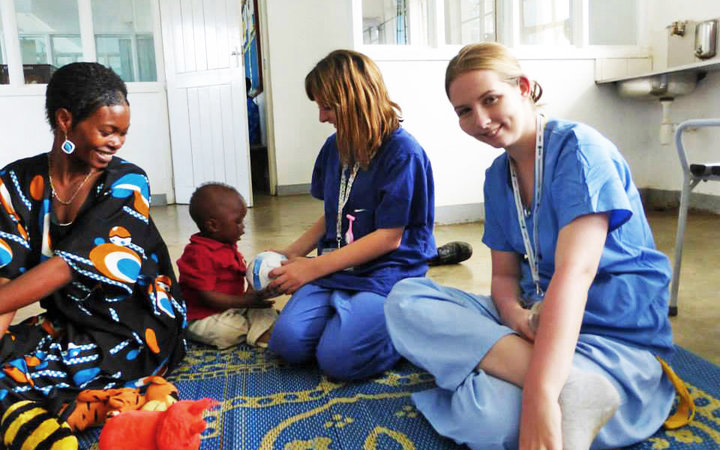
Ready to take your vocation one step further?
If you feel like nursing is your calling, why not take it one step further and gain invaluable experiences overseas?
A nursing elective in a low-resource healthcare system will bring you face-to-face with global health issues you might not have considered before while encouraging you to gain new perspectives on what we sometimes take for granted.
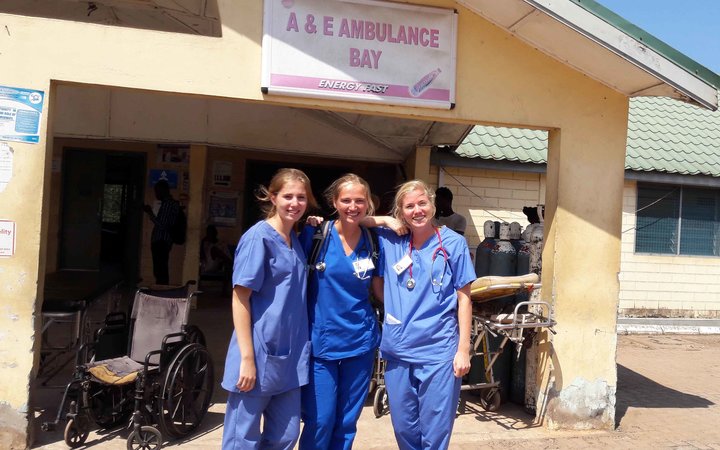 You’ll see firsthand how social and cultural issues can impact the vocational elements of patient care.
You’ll see firsthand how social and cultural issues can impact the vocational elements of patient care.
With limited resources, it’s not uncommon for a patient’s family to take on responsibilities that usually fall to a nurse in the UK, such as personal care.
After such an eye-opening experience, you’ll appreciate that practising the 6Cs is a luxury of a wealthier healthcare system.
“Going overseas to get as much experience as you can is something few people get to do. It helps you develop skills that help you find the job you want, and you’ll become more confident and courageous.”
– Temitope, nursing placement in Ghana
Contact us via the form below to learn more about our overseas nursing placements and how we can tailor your experience to suit your clinical goals and needs.

GET
STARTED
Want to experience a life-changing overseas placement? Get started by learning more about our nursing electives.
Want to experience a life-changing overseas placement? Get started by learning more about our nursing electives.
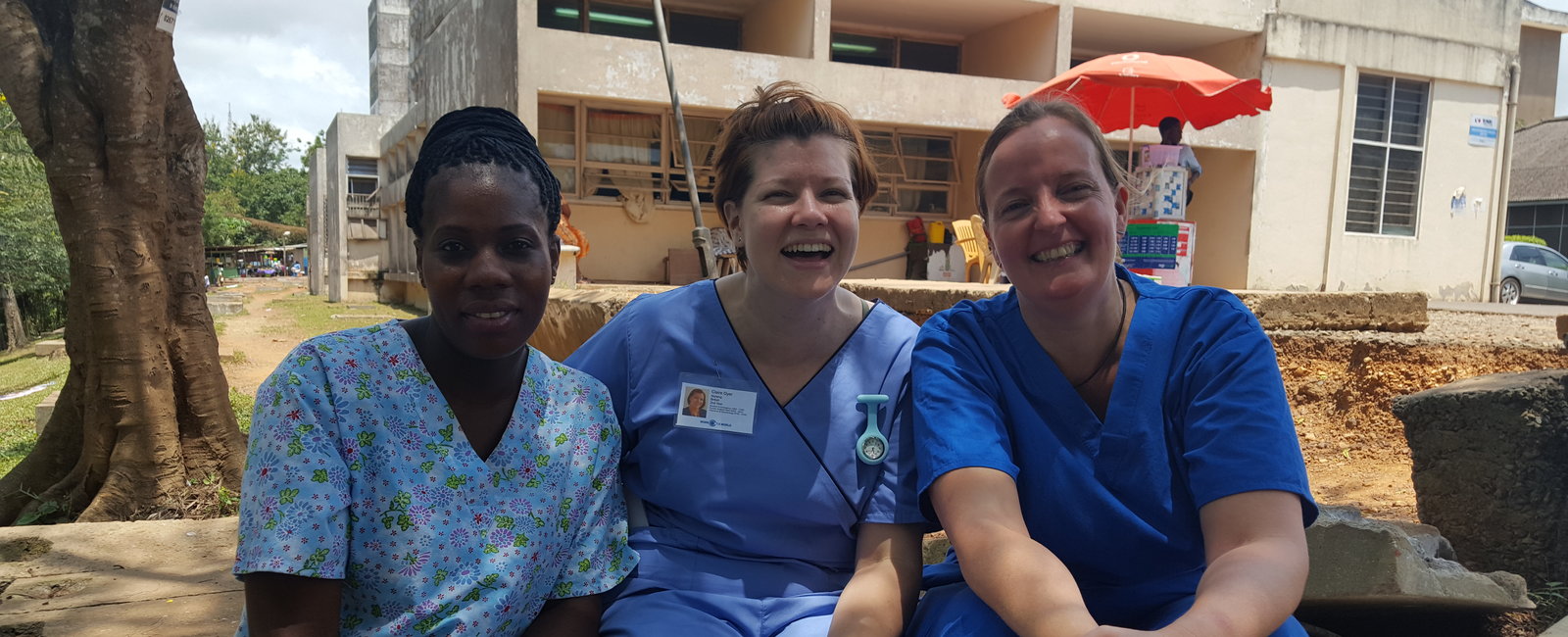

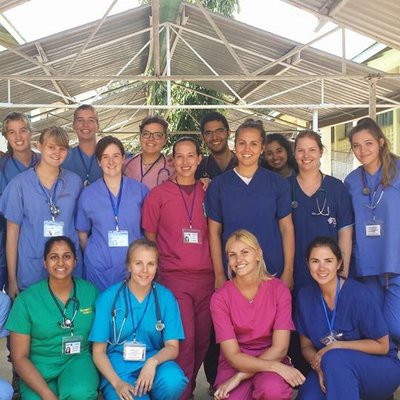
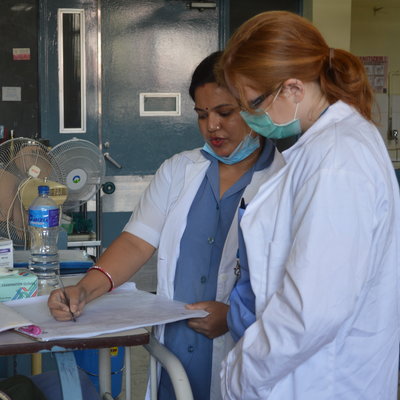
.jpg)





